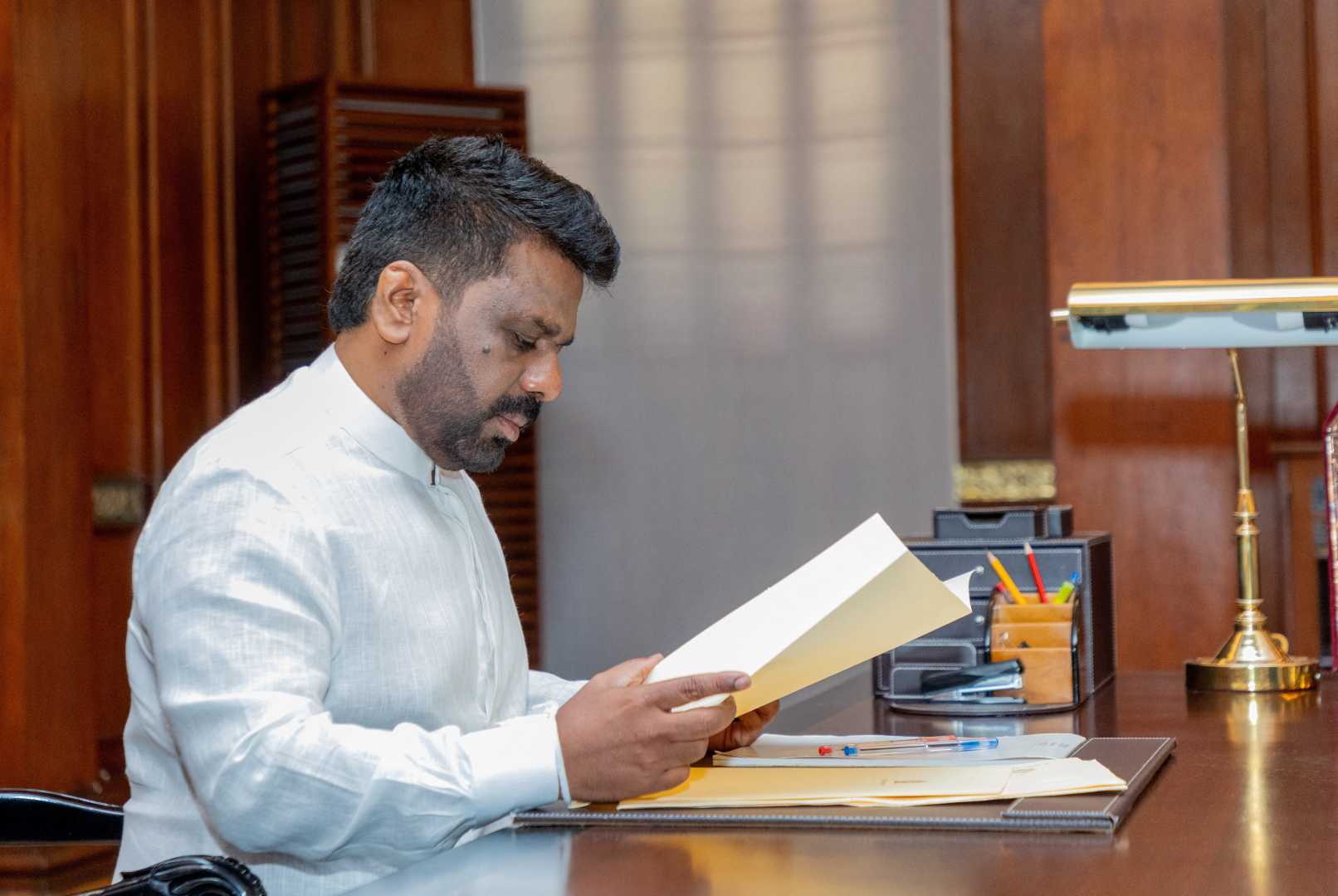News
Sri Lanka’s President Dissolves Parliament for Snap General Election

In a significant political development, Sri Lanka‘s newly elected President, Anura Kumara Dissanayake, has dissolved the national parliament to pave the way for a snap general election set for November 14, 2023. This move comes almost a year ahead of the originally scheduled date, as confirmed by a notification in the official government gazette.
The 225-member parliament, which saw the left-leaning National People's Power (NPP) alliance holding a mere three seats, will be up for re-election. Emphasizing the need for a fresh political mandate, President Dissanayake expressed that continuing with a parliament not aligned with public desires would be futile.
“There is no point continuing with a parliament that is not in line with what the people want,” Dissanayake stated, justifying his decision shortly after his presidential election victory.
Alongside the dissolution, Harini Amarasuriya has been appointed as the new Prime Minister, marking only the third instance in Sri Lankan history where a woman has assumed this role. Amarasuriya, a close ally of President Dissanayake and one of the NPP’s MPs, was also assigned ministerial responsibilities for justice, education, and labor. Her appointment comes in the wake of Dinesh Gunawardene’s resignation from the prime ministerial position.
Amarasuriya, aged 54, is a former university lecturer and has been an active public activist since 2011, advocating for free education, youth development, child protection, and addressing gender inequality. Her tenure as Prime Minister sees her as the first academic to hold the office. She follows in the footsteps of Sirimavo Bandaranaike and Chandrika Bandaranaike Kumaratunga, with the latter holding family ties to politics, a rarity since the year 2000.
Dissanayake’s election marks a unique political comeback after gaining only 3% of the votes in the 2019 presidential election. He secured the presidency amidst significant economic challenges faced by the nation, following the economic collapse in 2022 that triggered widespread protests and led to the resignation of the preceding administration.
The new president’s immediate focus is expected to be on renegotiating parts of an economic bailout which previously imposed stringent austerity measures. “I have no magic solution to the hardships people are experiencing, but I am committed to seeking a collective effort to address the crisis,” Dissanayake assured his constituents.
In the Sri Lankan political structure, the president heads the cabinet and appoints ministers from among the members of parliament, while the prime minister serves as a deputy and leads the ruling party. With a diverse cabinet being assembled, Dissanayake is setting the stage for implementing his policy agenda centered around anti-corruption and anti-poverty measures that have drawn significant public support in recent years.












